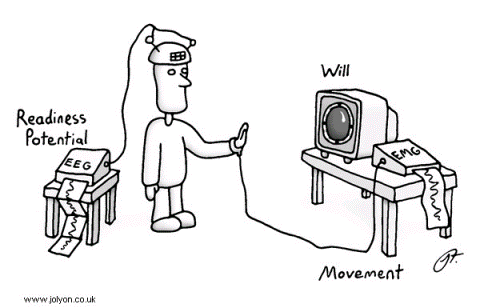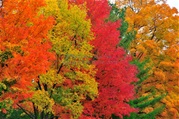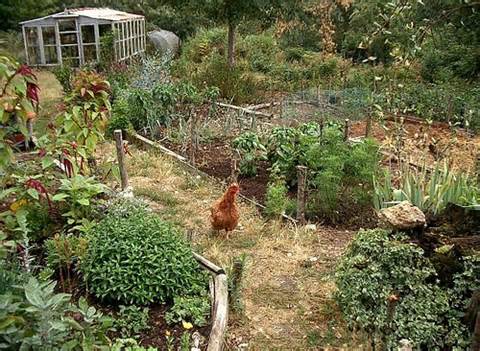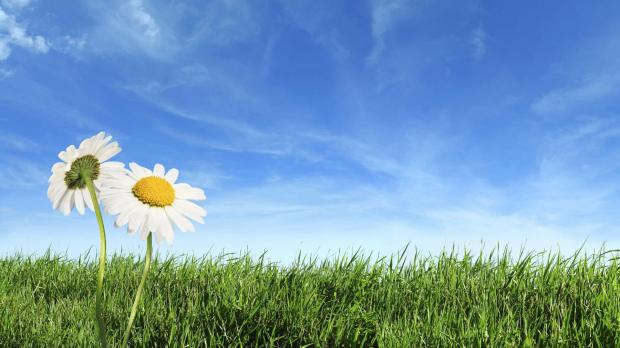
The snow gave way quickly and just as quickly came the green. The greenhouse went up just in time; the plants, some of which I thought must have died, buried under several feet of snow for months, poking their green sprouts out of the yet still cold earth. This is no miracle; it is Spring.
The frogs in the back pond reappeared after a long hiatus, and frog eggs line the shallow pools in the back “roads” on the property. I’ve seen moose tracks and more deer and turkey tracks than I care to count. The fox is about and I hear the hawk’s screech almost everyday. The garden is waking up and the plants stir in their pots anxious to get in the dirt.
As always Spring brings anxiety: some plants got burnt up in the newly built greenhouse (my bad). But, most are fine and I kick myself for not putting spinach in a month ago. Every Spring I forget what I remember the previous year. Perhaps this is part of Spring too.
Small buds appear over night on the Birch, the Maple, the Oak and the Cedar and Spruce trees seem even greener than normal. The fireplaces are cold and everyone is outside. The wind blows the glorious warmth around and the leaves, freed from the snowy prison, take flight.
We all feel a bit more free in the Spring. Perhaps Spring is when happiness gets a chance to shine, just for a little, to fly around with the leaves and rid itself of the heavy weight of winter worries. A new start for an old, old cycle.
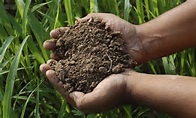
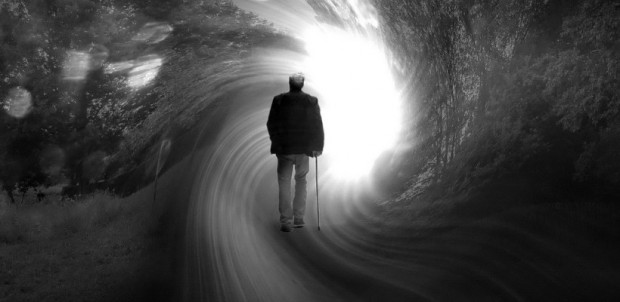 After years of living in cities, longing for the country; perhaps some peace and quiet, I look out over twenty two acres of forest and a half acre of tilled earth to become garden next year.
After years of living in cities, longing for the country; perhaps some peace and quiet, I look out over twenty two acres of forest and a half acre of tilled earth to become garden next year.